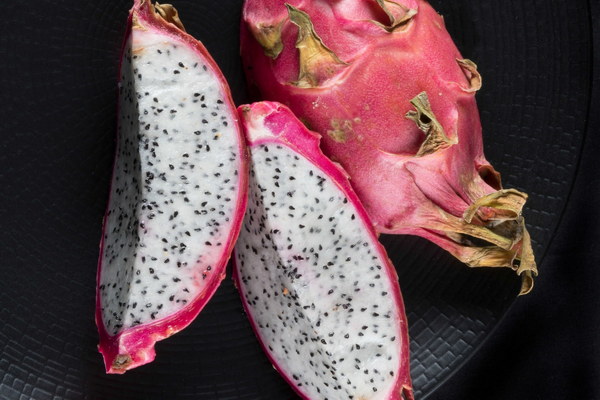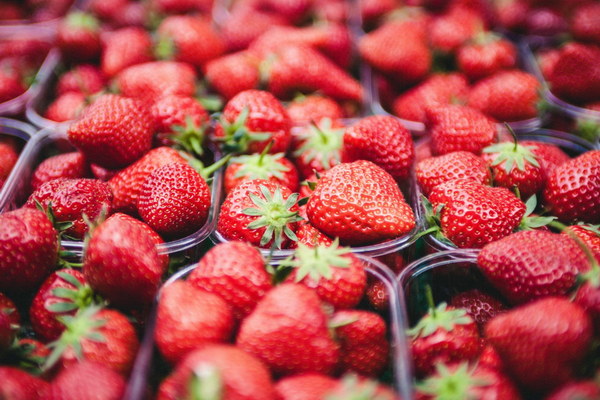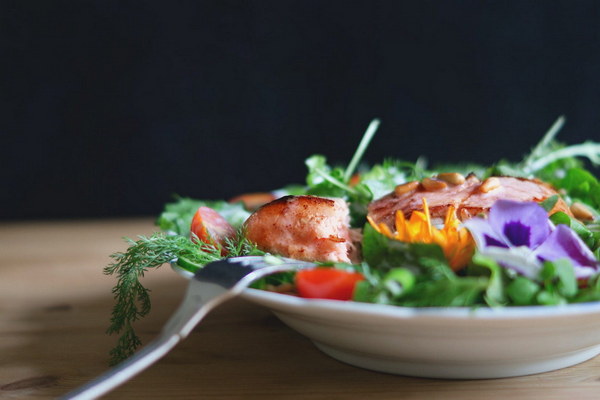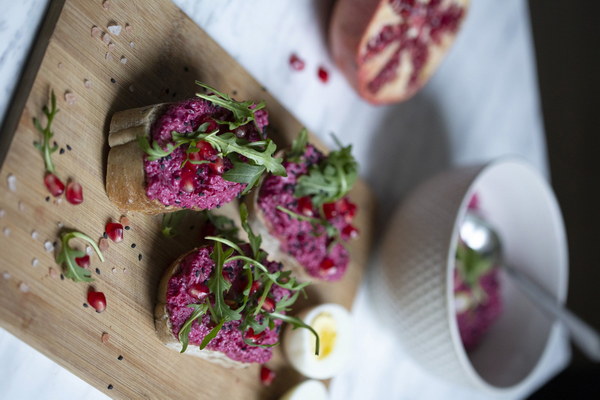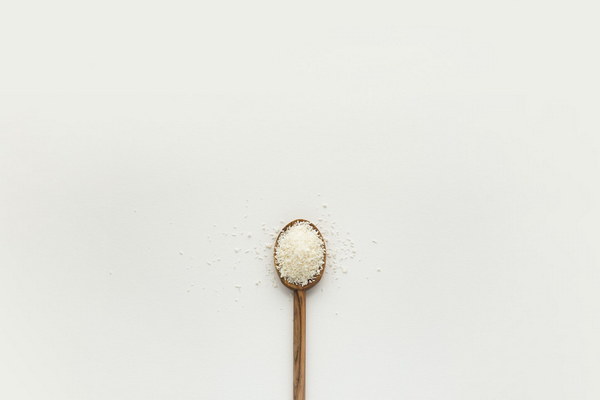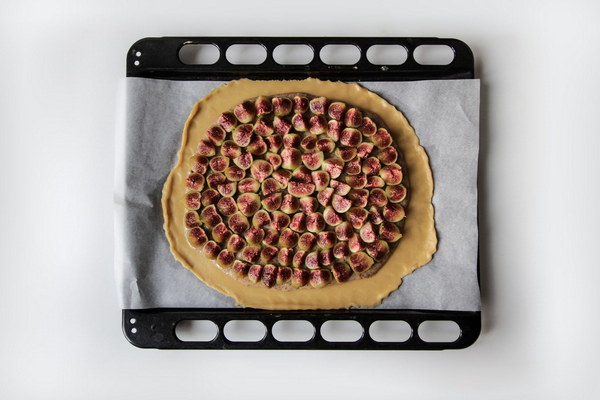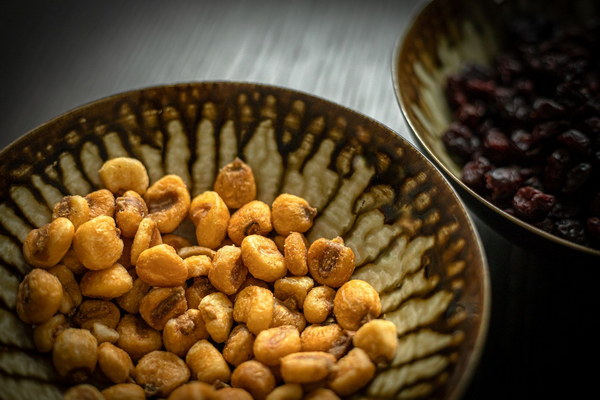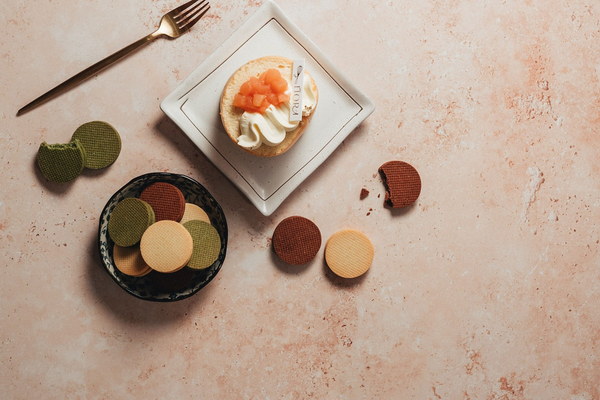Effective Strategies for Cooling Heat and Drying Dampness A Comprehensive Guide
Introduction:
In traditional Chinese medicine, cooling heat and drying dampness are two common imbalances that can lead to various health issues. These imbalances occur when the body's internal environment is disrupted, resulting in symptoms such as fatigue, poor appetite, and body aches. In this article, we will explore effective strategies for cooling heat and drying dampness, including dietary adjustments, lifestyle changes, and herbal remedies.
1. Dietary Adjustments:
A balanced diet plays a crucial role in cooling heat and drying dampness. Here are some dietary recommendations:
a. Include cooling foods: Incorporate foods such as cucumber, watermelon, and celery into your diet. These foods have a cooling property and can help reduce internal heat.
b. Avoid spicy and fried foods: These types of foods can exacerbate heat and dampness in the body. Instead, opt for mild, bland foods like rice or noodles.
c. Include herbal teas: Green tea, chrysanthemum tea, and hawthorn tea are excellent choices for cooling heat and drying dampness. These teas can be consumed daily as a refreshing drink.
2. Lifestyle Changes:
In addition to dietary adjustments, adopting a healthy lifestyle can help cool heat and dry dampness. Consider the following tips:
a. Regular exercise: Engaging in moderate physical activity, such as walking, cycling, or yoga, can help promote circulation and maintain a healthy body temperature.
b. Adequate sleep: Ensure you get enough restful sleep, as poor sleep can lead to a weakened immune system and further imbalance of heat and dampness.
c. Avoid excessive moisture: Keep your living and working environment dry and well-ventilated. Excessive moisture can exacerbate dampness in the body.
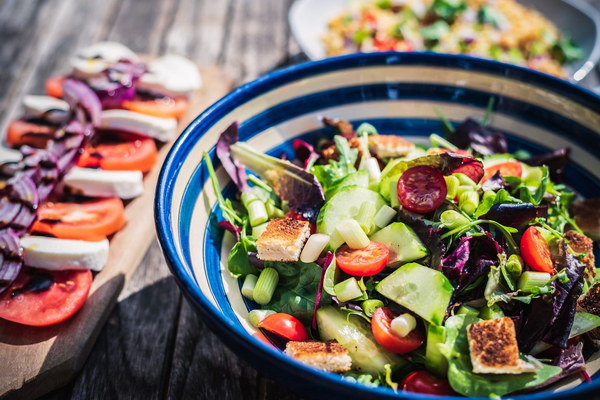
3. Herbal Remedies:
Herbal remedies have been used in traditional Chinese medicine for centuries to address heat and dampness imbalances. Here are some commonly used herbs:
a. Astragalus (Astragalus membranaceus): This herb is known for its immune-boosting properties and can help reduce dampness and heat in the body.
b. Poria (Poria cocos): Poria is a powerful herb that can absorb excess moisture in the body, thereby drying dampness.
c. Coptis (Coptis chinensis): Coptis is known for its cooling properties and can help alleviate symptoms of heat and dampness, such as body aches and poor appetite.
4. Acupuncture and Massage:
Acupuncture and massage can also be beneficial in cooling heat and drying dampness. These therapies can help improve circulation, alleviate pain, and restore balance to the body's internal environment.
Conclusion:
Cooling heat and drying dampness are important imbalances to address in traditional Chinese medicine. By making dietary adjustments, adopting a healthy lifestyle, utilizing herbal remedies, and exploring alternative therapies such as acupuncture and massage, you can effectively restore balance and improve your overall health. Always consult with a healthcare professional before starting any new treatment or therapy.
